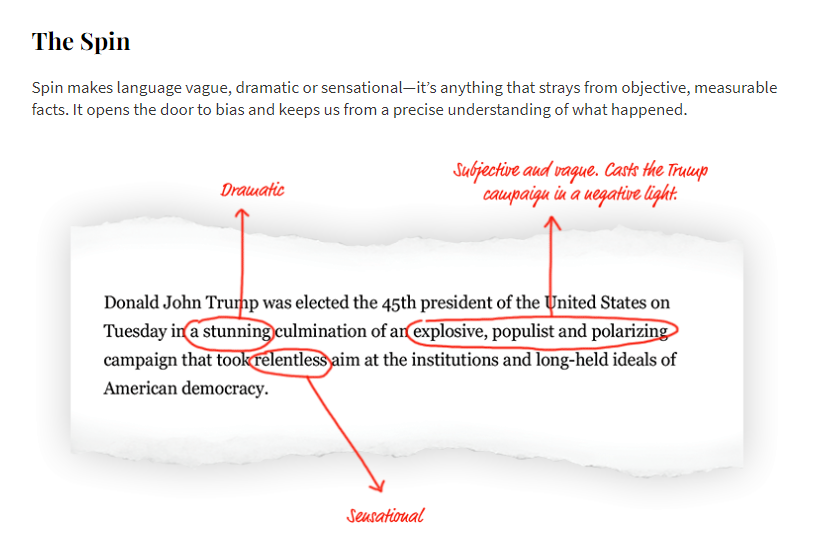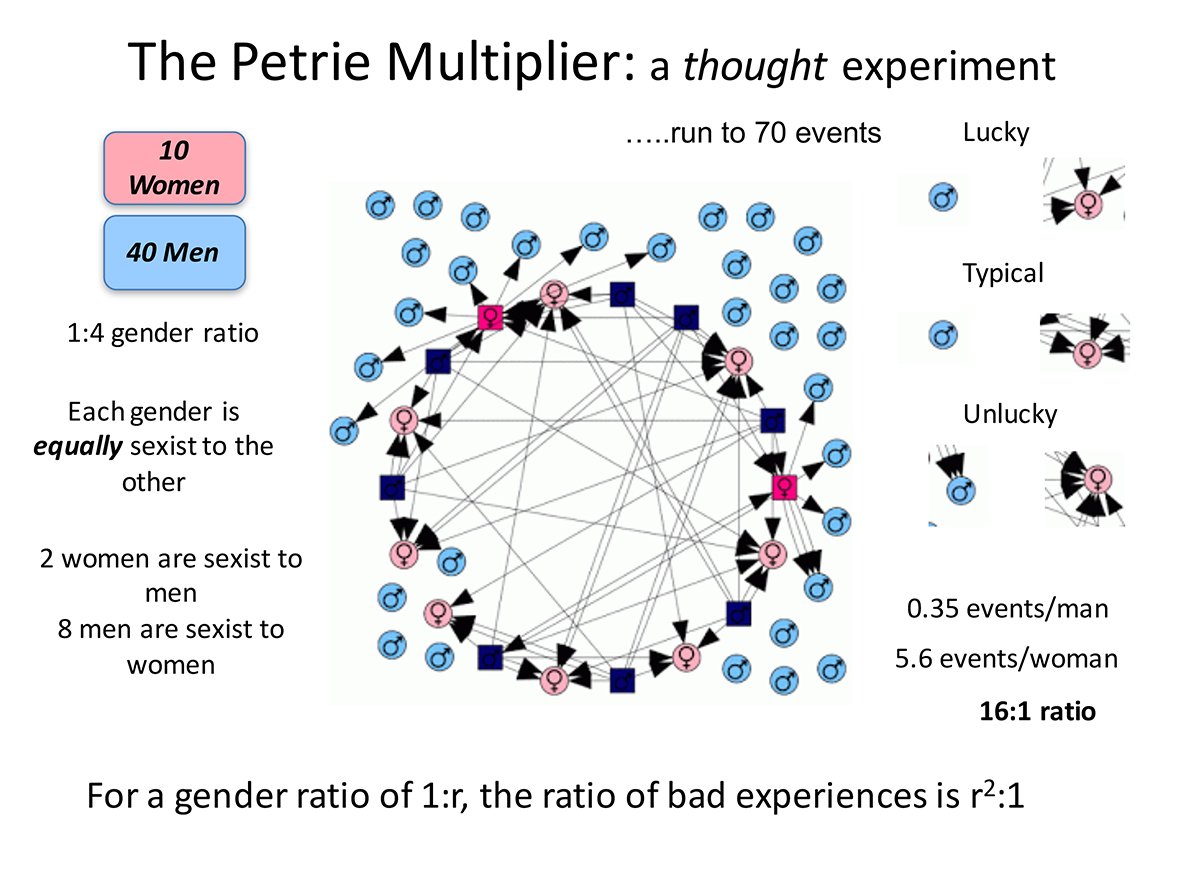10 mental concepts that will make you way smarter:
Russell Conjugation When someone chooses different words to describe something, depending on how favourable they want to be to what they’re describing. When reading or listening to others, ask: “Am I forming my opinion based on facts, or the opinion of the writer/speaker?”

Introspection Illusion We think we understand our motivations and desires, our likes and dislikes. We believe we know ourselves and why we are the way we are. In reality, when asked to explain our emotional states, we typically make something up. Dig deeper, reflect more.
Gambler's Fallacy We think future possibilities are affected by past events. You've lost 9 in a row, but you're sure to win the next one! You've won 9 in a row, how could you possibly lose the next one?! Lesson: Treat each possibility independent of the past.
Catharsis The tendency for "venting" (releasing strong emotions) to—counterintuitively—lead to strong emotions and aggressive behaviour rather than relief from emotions. If you get accustomed to blowing off steam, you become dependent on it. Remember: "This too shall pass.”
Law of (Truly) Large Numbers Highly unlikely events are far more common than you expect with a large enough sample size. ”Million-to-one odds happen eight times a day in New York” (Population ~8m) —Penn Jillette Don’t be surprised when miracles happen.
Perfect Solution Fallacy We reject something because it compares poorly to an ideal that in reality is unattainable. We assume there is a perfect solution to every problem. Reality is more complicated and trade-offs exist. Take the option with the most bearable trade-offs.
The Petrie Multiplier Statistically, in a large group, it’s easy for the majority to avoid identity slurs. While, members of the minority group receive an underestimated amount of harassment. This occurs because there are more potential givers than receivers of harassment.

Causal Reductionism Falsely attributing an outcome to a single cause when there were actually several. John: I crashed my car because a Cat ran in front of it. Policeman: So it wasn’t because you were texting your girlfriend & driving drunk? Remember the full context.
Prototype Theory We take things around us and compare them to pre-existing mental ”Prototypes” for likeness to reduce our processing load. Sadly, this blocks new information & forces us to focus on pre-existing ideas. Remember: Be open and flexible to new interpretations.
False Dichotomy A persuasion tactic involving presenting only two options or possibilities when more exist. The presenter makes the audience believe the options are black or white—not something in between. Always ask: “Do more choices exist?” when presented binary choices.
